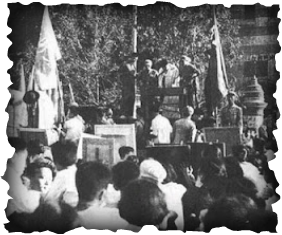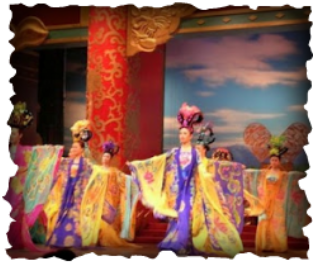Impact On China
Loss of an Old Culture
Mao's encouragement to the Red Guards to destroy the Four Olds went further than he intended- evidence includes the year of 1967, when Mao attempts to restore order after the Red Guards went on a rampage.
Short- Term Impacts With the Four Olds out of the way, and a whole way of life essentially demolished, Mao was able to achieve his goals of a classless society and being openly worshipped, but his quest for power came with many unintended consequences. When the Red Guards went on a rampage to destroy the Four Olds, many schools and colleges were closed down, leaving many people uneducated or illiterate. Mao believed that all of the intellectual children and students had to be sent to the countryside to learn from farmers and "peasants." He believed that "the more books you read, the stupider you become." Many young people were left without skills- ruining any chance at a better quality of life for individuals.When all religions were condemned and open worship was banned, many temples and churches were also burned and the religious were imprisoned. It was virtually impossible for anyone of any faith, except for those practicing "Maoism", to practice freely. Children bullied each other for using "four olds" words, store names were changed and students lost respect for their elders- especially teachers, which was ingrained in Chinese Culture. Families and friends were ripped apart over their new cultural differences. Children joining the Red Guards also had to forsake their families in order to join.
|
Long- Term Impact After the Cultural Revolution, China tried to retrieve the culture that it lost. Even though China had one of the oldest cultures in the world before the revolution, the Chinese people still struggled to regain their heritage. The government began trying to rebuild historical landmarks by inacting many laws and forming several government agencies to preserve surviving relics. In addition, China is also taking legal measures to retrieve the cultural artifacts that were snuck out of the country in order to save them during the cultural revolution. Since then, China has been a participant of several UN conventions such as the 1970 UNESCO Convention, the 1972 UNESCO Convention, and the 1995 UNIDROIT Convention on the protection of cultural artifacts. In 2002, the government permitted private ownership of cultural artifacts to increase the preservation of these relics.
|


